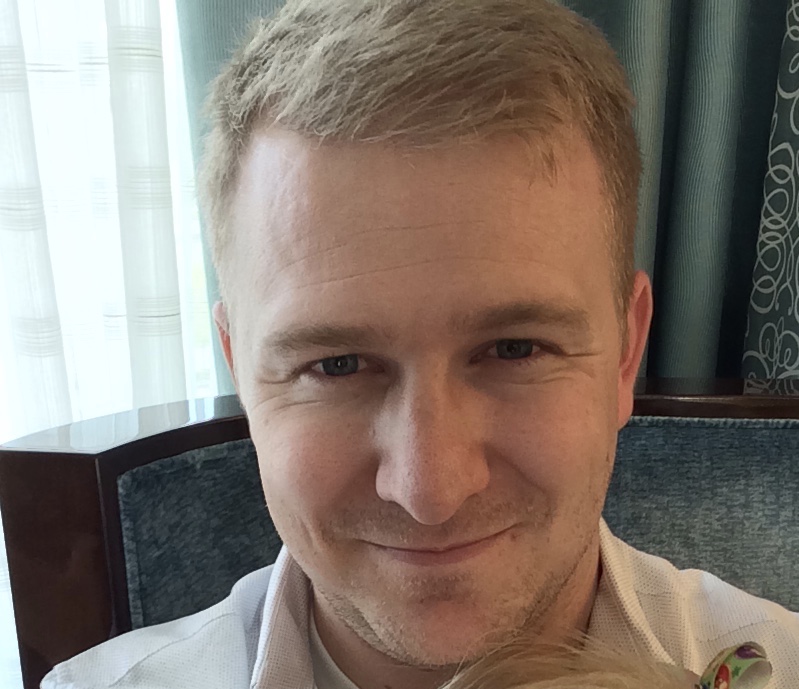If I were in President Truman’s position

This archived article was written by: Nathaniel Woodward
Recently I was asked to lecture on the Manhattan Project, more specifically I was asked to address the ethics behind sciences involvement in advancing modern warcraft to the point where we are now entirely capable of obliterating human life from the planet. The question was poised, if I were in President Truman’s position would I make the same decision. The question as to whether or not to drop “The Bomb” is not a particularly easy one to answer. Being put into President Truman’s position, I believe five main points need to be understood regarding using the weapon or not.
First: The cost of a land-invasion, both fiscally as well (and more importantly) in American lives. From Guadalcanal to Pelilu and Iwo Jima, the cost in lives for every mile was beginning to paint a clearer picture of what the Japanese military was willing to do to stand it’s ground. While it cannot be known exactly how devastating a land invasion would have been it can be argued safely that the cost in American lives would have been staggering.
Second: The cost of Japanese lives. It had been apparent from the outset of the Pacific Campaign that the Japanese soldiers were expendable to the Japanese leadership. This was demonstrated by the wave after wave of Bonsai charges that resulted in massive Japanese casualties as well as by Japans practice of not mounting rescue missions for downed pilots and crews. Additionally, as we saw in the lecture, the cost in civilian lives would be un-calculable. The events on Okinawa alone would be proof enough that Japanese civilians would be caught in the crossfire, killed by the Japanese military or commit suicide on-mass.
Third: There were alternatives on the table. Admiral Ernest L. King had strategized a plan to both bomb and blockade Japan and force it’s submission through the two methods. We had for a long while been fire-bombing Japan’s cities, particularly Tokyo to great effect and a strong Naval blockade of the empire may have been sufficient to quell the hostilities.
Fourth: The impending Soviet assault. Not far from the minds of the US was the imposing threat that the USSR now played in world politics and the peace-agreement between Japan and the USSR was now nullified by the latter begging August 8, 1945. Both Japan and the USSR had demonstrated a shocking lack of respect for the sanctity of human life, the Soviets lost 20 million of their own during the European campaign. I can’t stand to think of what the casualties numbers may have looked like if the Soviets had mounted a land invasion in Japan. So, in order to subvert any additional Soviet expansion and death a speedy and effective end to the war was desperately needed, otherwise with a Soviet intervention modern Japan may look very different today.
Fifth: The methods employed thus-far such as fire-bombing have not resulted in any fewer casualties but using “The Bomb” would be setting a dangerous precedent. The fire-bombing of Tokyo decimated more than half of the city, killing tens of thousands. With this new technology, as President of the United States you could effectively achieve the same result but in a fraction of the time. However, we would now be going from a world that could say “Yes, we have the technology, but nobody would ever actually use it” to “It has been used, and to staggering effect.”
I’m not saying any of these, especially my fifth point, are good reasons whether or not to drop the bomb. I am saying however, that they are real points and must be considered. If the decision were up to me, at that point, given everything we now know I regrettably would have to make the same decision as President Truman. It would haunt me the rest of my life but I do not see any reasonable alternative and I absolutely hate that. There was no simple solution. In all my years studying East Asia in higher education from Commodore Perry, the Bushido Code, Meiji Restoration and the Shogunates to Colonialism, racism and Shinto the only thing I can be certain of is that WWII was a tragedy unrivaled in all of human history and should only be spoken of in hushed reverence for the loss of all human life and the enormity of human suffering on all sides.




